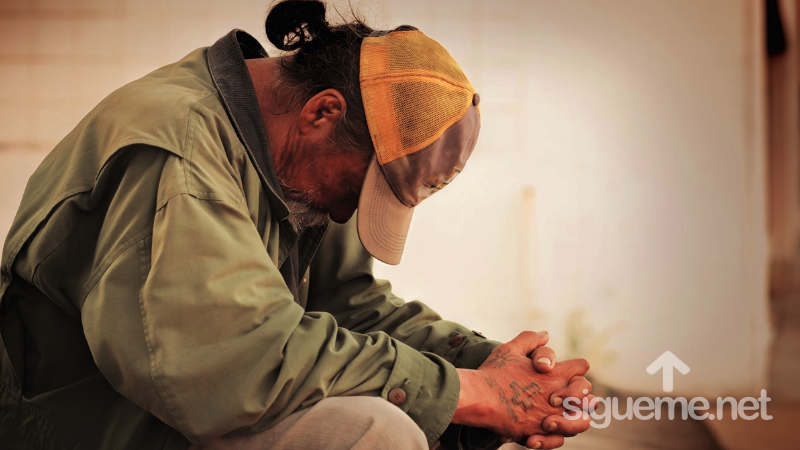City located next to the Orontes River at the foot of Mount Silpio, in fertile Cilicia, today located in Syria. The city is about 480 km from Jerusalem and almost 30 km from the Mediterranean.
This important population was at the crossroads of commercial interests and the civilizations of the Ancient East, having easy access to maritime communications and being located at the crossroads of important land routes.
It was built by Seleucus Nicator in the year 300 BC and he named it in honor of his father Antiochus. The city passed to the Roman colony of Syria in 66 BC.
Under the Romans it prospered quite a bit, becoming known as the "queen of the East", and it was the third largest city in the Empire, after Rome and Alexandria. In the time of the New Testament its inhabitants were Greeks, Romans, Syrians and Jews.
In the city proper Greek was spoken, but in certain suburbs Aramaic was spoken. Its inhabitants enjoyed a reputation for being fickle, sarcastic and dissolute in customs, and the latter due to the licentious rites that were celebrated in the temple of Apollo that stood in the forests of Daphne.
The large Jewish colony, which was made up of wealthy members of the diaspora, learned of the Gospel shortly after Stephen's death (Acts 11:19); and it was precisely there that the Christian message was first preached to the pagans and where the followers of Christ received the name "Christians" (Acts 11:26).
Visited first by Barnabas (Acts 11:22ff.), then by Barnabas and Paul (Acts 11:25), Antioch was the starting point and return point of the first two missionary journeys (Acts 13:1-3; 14 :26-28; 15:40 s; 18:22).
Although the well-off Christians of Antioch helped their brothers in Palestine (Acts 11:27-30), their way of life and their tendencies gave rise to the apostolic council and its advice that Gentile converts also submit to certain practices of the Mosaic law.
It was a support point for the missionary activity of the early Church (Acts 13:1-3; 14:26-28; 15:35-40; 18:22). Also in post-biblical times it is an important city within Christianity. Decadence and conquests later turned it into a small town (today, "antakje").
The "School of Antioch" was not a teaching institution in the formal sense, nor even a school of catechism, but a mixture of teaching and exegesis, as given by certain teachers (for example Lucian of Antioch, who died in the year 312; Diodorus of Tarsus, died in the year 394, one of whose disciples was John Chrysostom, died in 407).
They focused their interest on preserving the "historical meaning" of the Holy Scripture in the face of spiritualizing speculations.
Meaning of ANTIOCH
City located next to the Orontes River at the foot of Mount Silpio, in fertile Cilicia, today located in Syria. The city is about 480 km from Jerusalem and almost 30 km from the Mediterranean.







